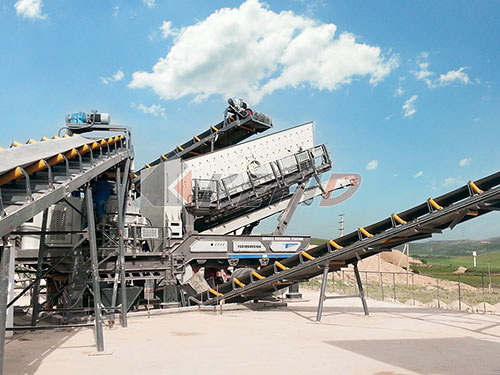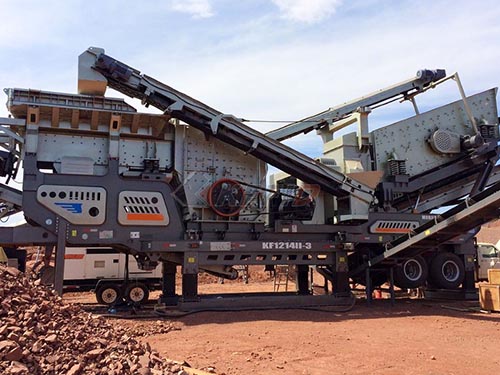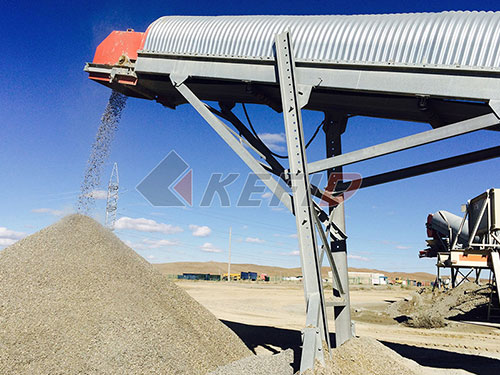
Crushing Concrete & Building Futures: The Role of Concrete Crushers in Delaware
Delaware’s landscape is constantly evolving – new developments rise, aging structures come down, and infrastructure demands constant renewal. This cycle generates vast quantities of concrete debris, historically destined for overburdened landfills. However, a powerful and sustainable solution is actively reshaping this process across the First State: concrete crushers.
These specialized machines are far more than simple demolition tools; they are engines of resource recovery and cost efficiency for contractors, developers, municipalities, and environmental stewards throughout Delaware.
The Problem: Mountains of Rubble
Every demolition project – from a small residential driveway removal to the deconstruction of large commercial buildings or bridge components – produces tons of concrete rubble. Transporting this heavy material long distances to landfills is expensive and environmentally taxing:
Landfill Burden: Concrete is bulky and non-biodegradable, consuming precious landfill space that could be used for materials with no viable alternative.
Transportation Costs & Emissions: Hauling heavy loads consumes significant fuel and generates greenhouse gases.
Lost Resource: Virgin aggregate (the rock component in new concrete) requires quarrying operations that impact landscapes and ecosystems.
The Solution: On-Site Transformation
Concrete crushers tackle these problems head-on by processing rubble directly at the demolition site or at dedicated recycling facilities:
1. Breaking Down: Powerful jaws or impactors pulverize large chunks of concrete into smaller fragments.

2. Separation: Magnets remove embedded rebar and other metals for separate recycling.
3. Screening: Screens sort the crushed material into various sizes of clean aggregate.
4. Reuse: The resulting product – Recycled Concrete Aggregate (RCA) – becomes valuable raw material.
Why Concrete Crushing Thrives in Delaware:
Several factors make crushing particularly relevant and beneficial within Delaware’s context:
1. Environmental Regulations & Goals: Delaware actively promotes waste reduction through initiatives like the Universal Recycling Law (HB 202). Diverting concrete from landfills aligns perfectly with state sustainability objectives enforced by DNREC (Delaware Department of Natural Resources and Environmental Control).
2. Cost Savings: Using RCA significantly reduces project costs:
Eliminates tipping fees at landfills.
Lowers transportation costs by processing on-site or locally.
Provides a cheaper alternative to virgin aggregate for many applications.
3. Material Demand & Applications: RCA produced in Delaware finds ready markets:

Leave a Reply